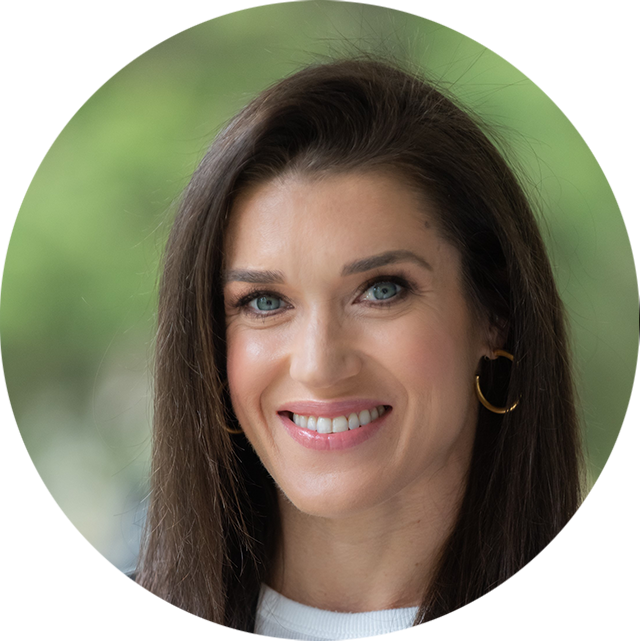Usher syndrome is the leading genetic cause of deaf-blindness in the U.S. and around the world.
My cochlear implants enable me to continue doing the job I love
As a psychotherapist in private practice, listening is the most important part of my job. There are many different ways for me to listen to my patients—by watching their body language, seeing their facial expressions, and, of course, by hearing the words they speak.
I chose to be a psychotherapist for many reasons. First and foremost, because of how crucial therapy has been in my own process of coming to terms with the condition I live with—Usher syndrome (Type 3A). Usher syndrome is the leading genetic cause of deaf-blindness in the U.S. and around the world.
Living with Usher’s
While Usher syndrome is a condition a person is born with, the onset of progressive vision and hearing loss may not be detected until childhood or later. In my case, I was told that, by the age of 30, I would likely be completely blind and deaf, Now, in my 40s, with about 10 degrees of my central-most vision, I am humbled and grateful for the vision I still have.

My hearing loss started when I was a teenager and had a relatively consistent decline. At the age of 34, I found out that despite all of the different hearing aids I had tried over the years, my hearing loss had declined enough for me to become a candidate for a cochlear implant. It wasn’t that I was against being implanted. I’d just never thought the day would come when my hearing loss was significant enough that getting a cochlear implant would be my best option.
Saving my hearing
It’s hard to explain what the experience of going deaf and blind is like except to say that it has driven me to develop a keen awareness of just how precious time is. It’s also allowed me to recognize how crucial it is for us to focus on what we have and what we can do, instead of what we don’t have and can’t do.
For this reason, I didn’t mull over or wait to get implanted. I knew that as my vision continued to decline, I would need to rely more heavily on my other senses to maintain my career as a psychotherapist, and to navigate my everyday surroundings.
It’s hard to explain what the experience of going deaf and blind is like except to say that it has driven me to develop a keen awareness of just how precious time is.
I interviewed audiologists from all three cochlear implant companies to help me decide which implant would be best for me. I chose Advanced Bionics because of how patient, compassionate, and knowledgeable the audiologist I interviewed from AB was.
I received my first cochlear implant in 2013 (right ear) and my second cochlear implant in 2017 (left ear). My quality of life and ability to hear have improved dramatically since I was implanted.
Putting in the work

It’s important to know that I put a tremendous amount of time and energy into relearning how to hear—I read books while listening to the audio version to make the connection between the words I was hearing and reading. My friends and family read countless articles to me, a few words at a time, then full sentences, until I was confident in my ability to hear without reading lips.
A year after my first ear was implanted, I was tested in the sound booth. Before being implanted, I was able to discriminate 26% of what was said to me. Now, I was testing between 92–98%. I had never used my right ear to do anything before it was implanted, except to wear an earring or pick up environmental sounds. I’d never used my right ear for the telephone, and my friends and family always knew to walk or sit on my left side. After my first CI on my right ear, it suddenly became my dominant ear, and everyone had to adjust to walking and talking on my right side.
Thriving with my CIs
Working in a quiet setting with patients is an ideal environment for someone with hearing loss. But, having the ability to hear with my cochlear implants has truly allowed me to maintain my private practice and thrive as a psychotherapist.
There is no treatment or cure for my vision loss, and while I wish there was a device that has been as life-changing for my vision as cochlear implants have for my hearing, I am confident that my ability to hear will allow me to have a long and meaningful career.
